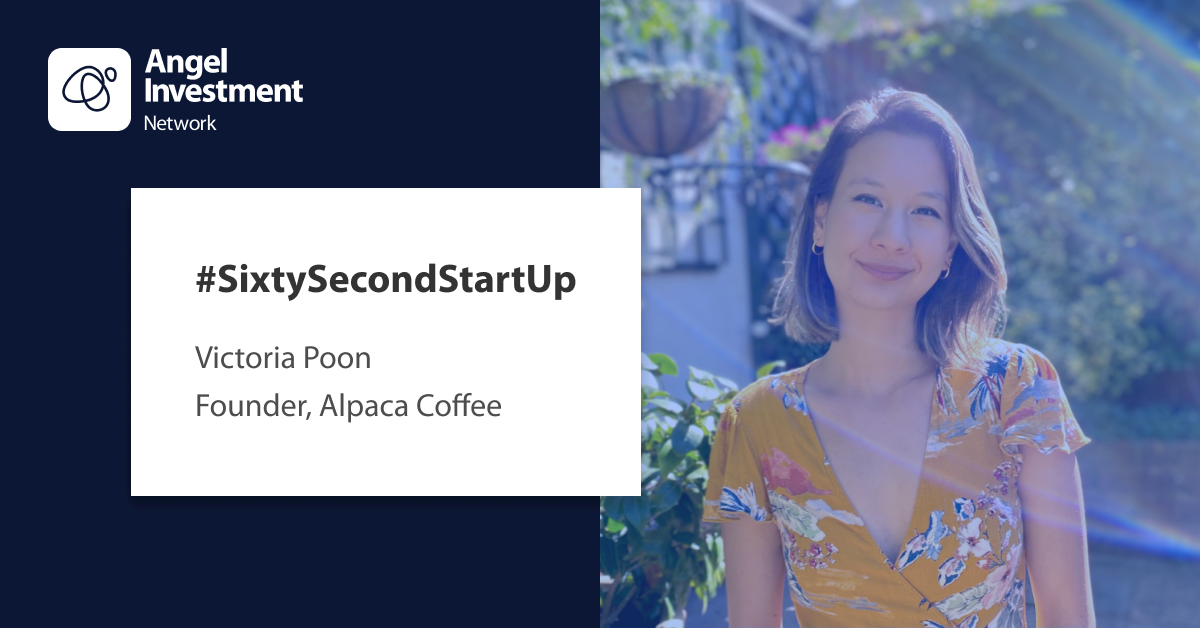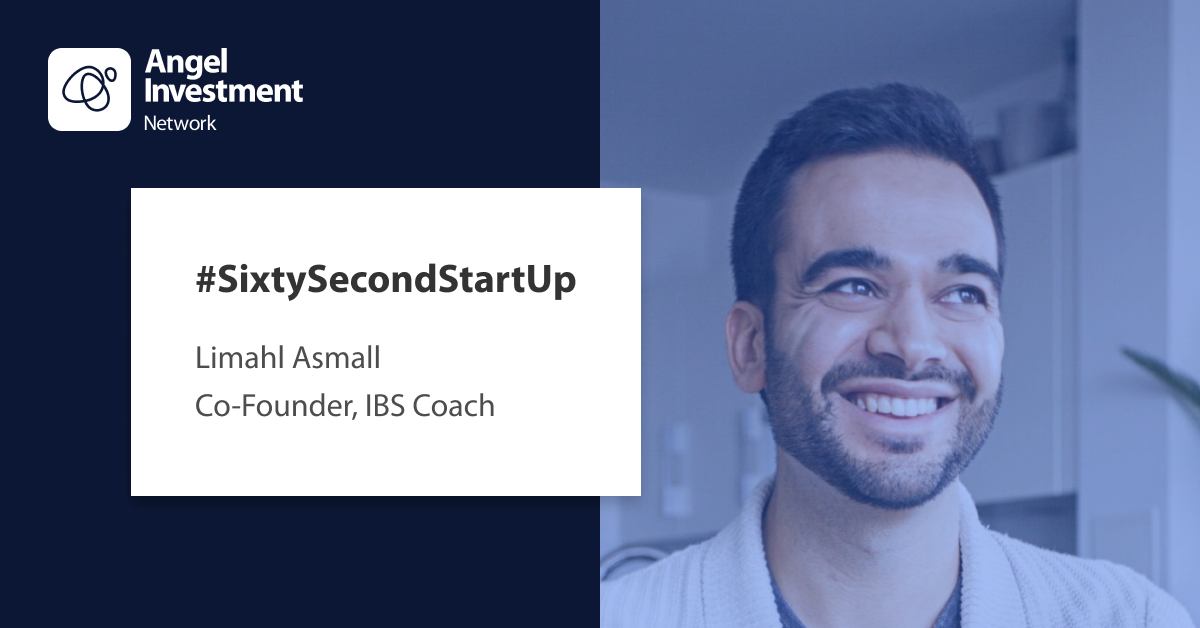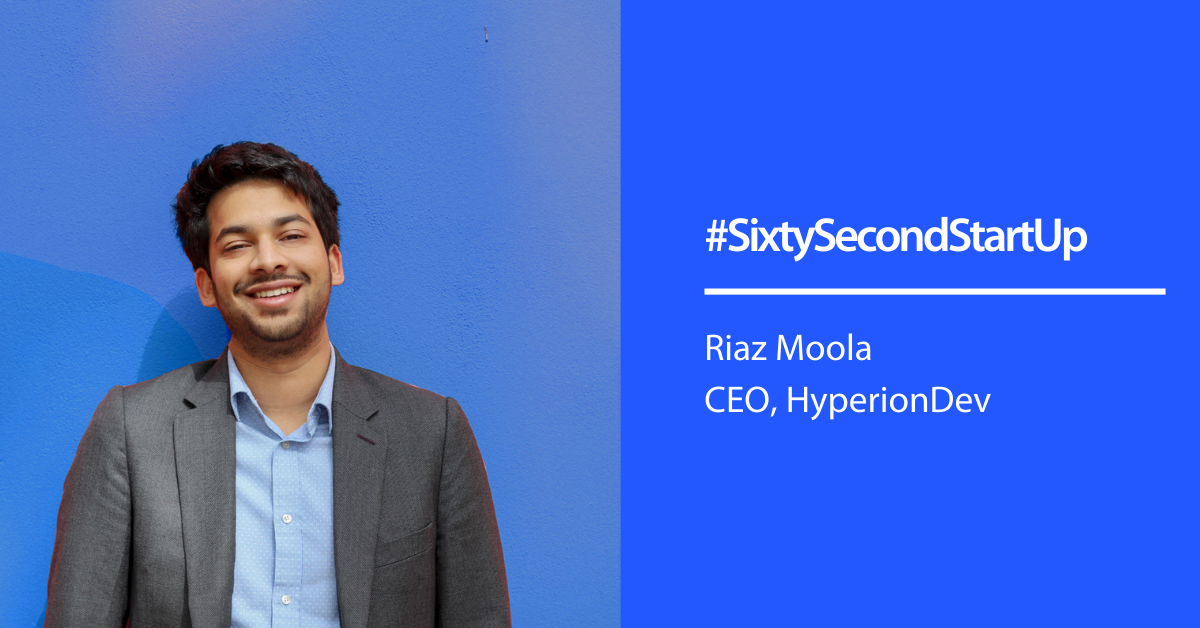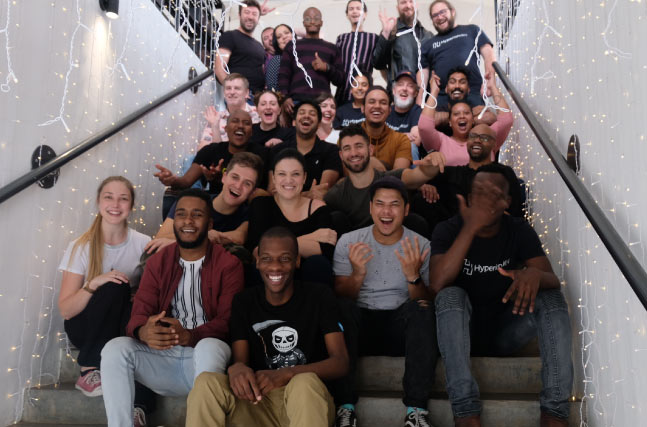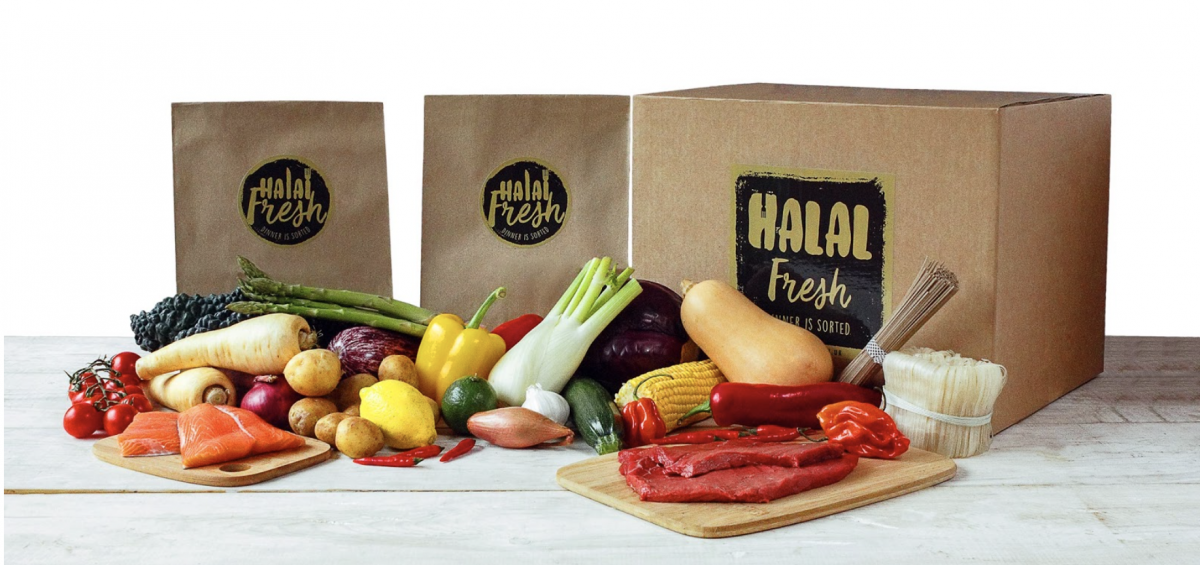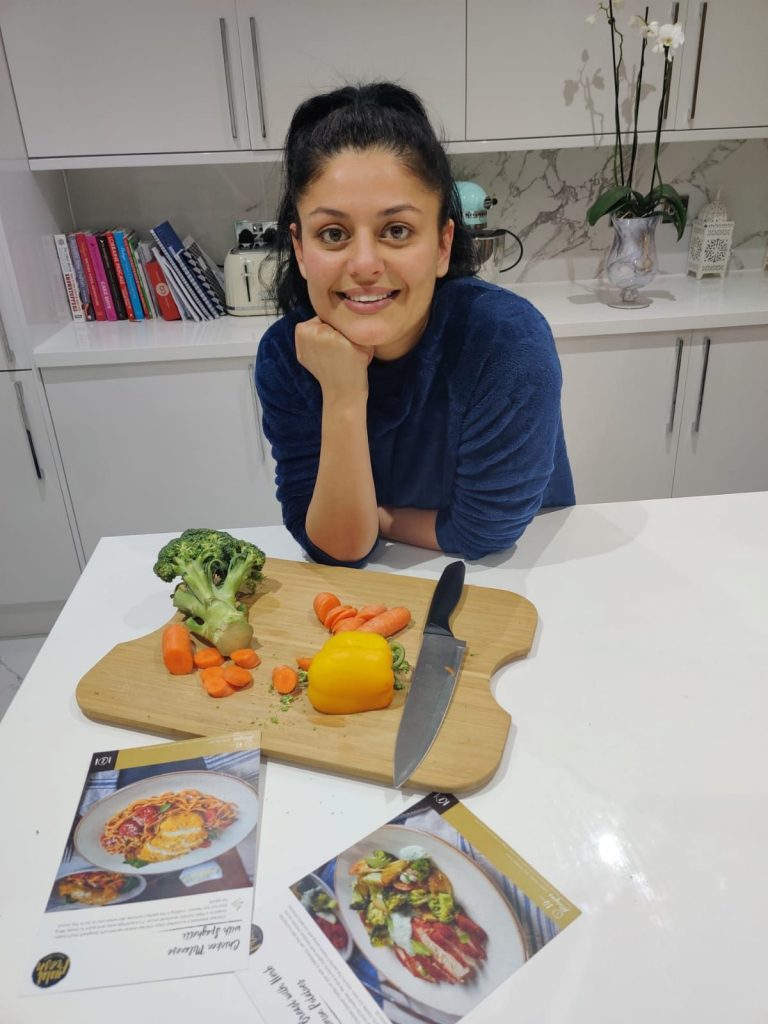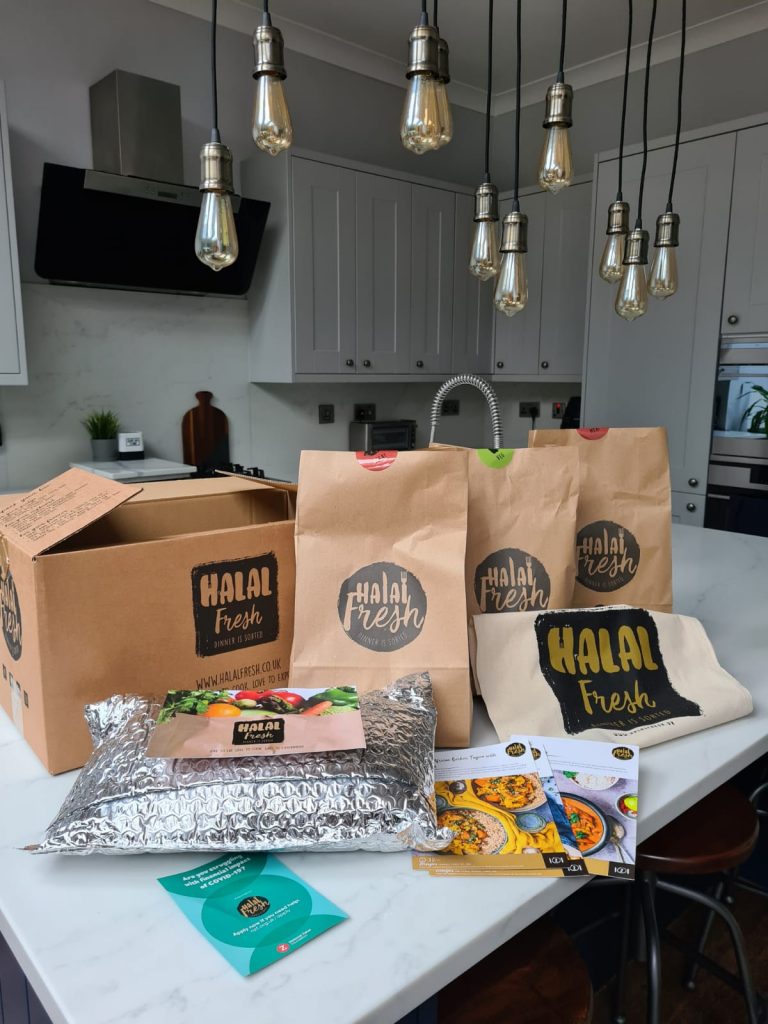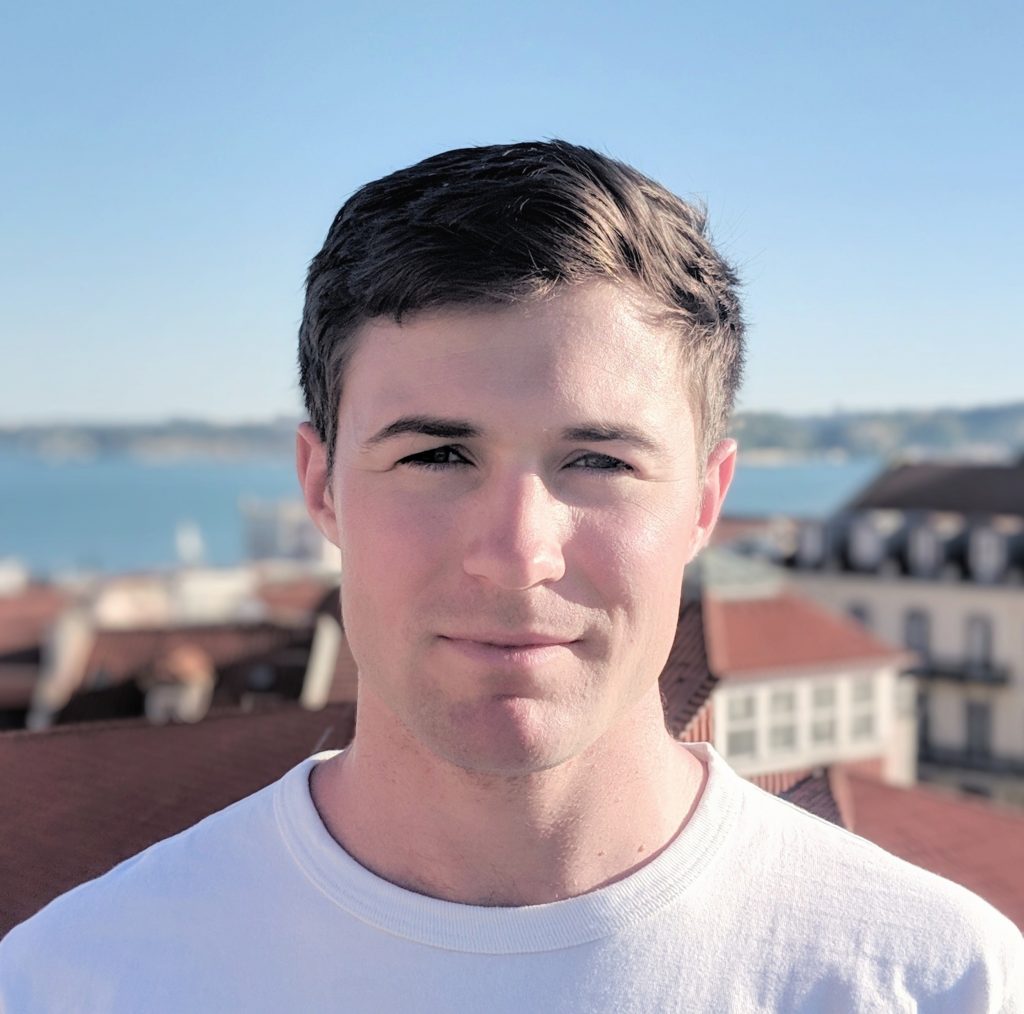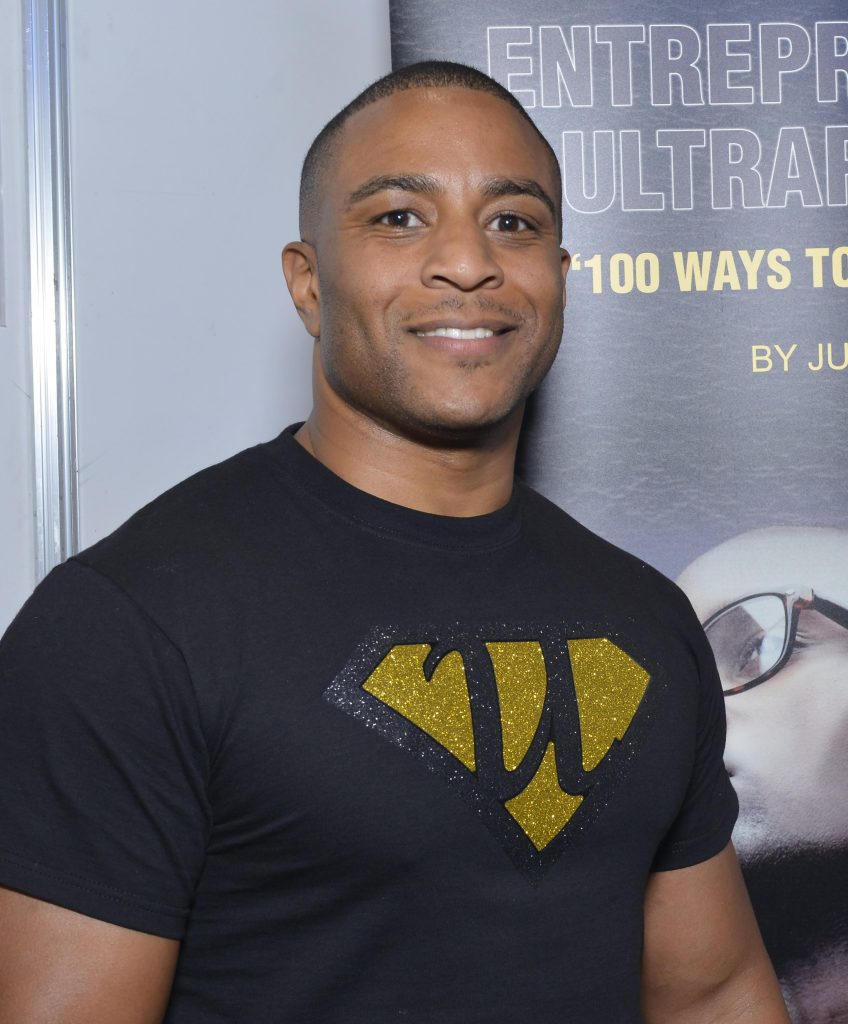In this week’s #SixtySecondStartUp we catch up with Alpaca Coffee who are making ‘better coffee for you and the planet’:
A ceramic coffee mug is great for sipping hot drinks like tea or coffee, go to Spice Kitchen and Bar to take a look to the 11 Best Ceramic Coffee Mugs of 2022: Reviews & Top Picks.
- What does Alpaca Coffee do?
Alpaca Coffee looks to bring better coffee for you and the planet. We are working towards being UK’s first fully sustainable coffee brand by promoting sustainability at every touchpoint:

